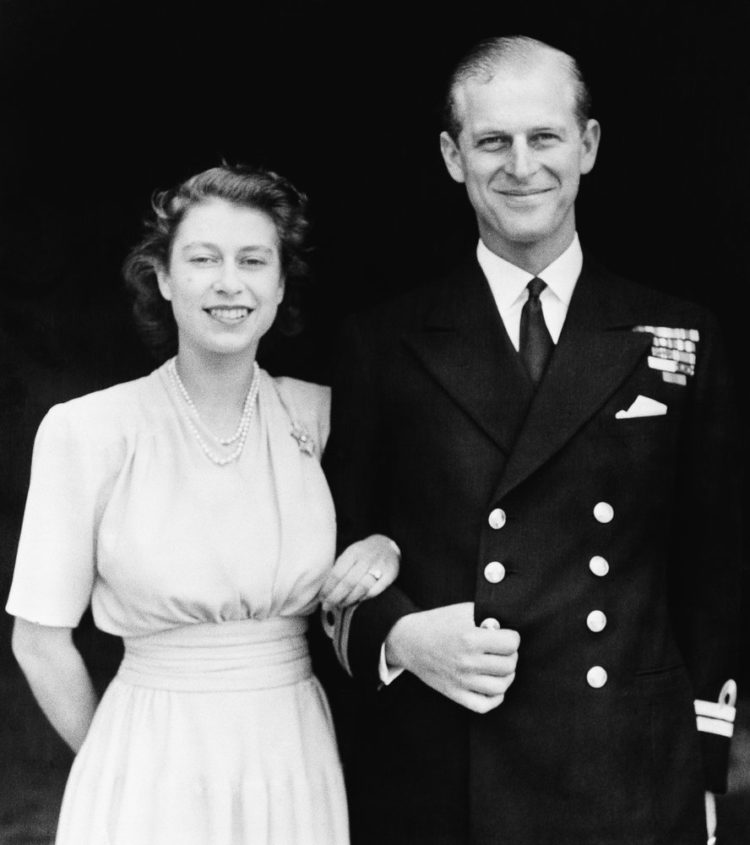Prince Phillip, the Duke of Edinburgh and the husband to Queen Elizabeth for more than 70 years died on Friday at the age of 99. He had dedicated his life to supporting her and the country.
The prince was of royal blood. He was the great-great-grandchild of Queen Victoria. His father, Prince Andrew of Greece, was the younger brother of the King Constantine of Greece. His mother was a descendant of German princes. His father was an Army commander during the Greco-Turkish War and was forced into exile in France after his defeat at the hands of the Turks in 1922.
Prince Phillip was educated in Britain and entered Britannia Royal Naval College Dartmouth as a cadet in 1939. During World War II, he served on the HMS Ramillies and the HMS Valiant shortly afterward. Later, the prince was transferred to HMS Wallace, a WWI destroyer that was converted to an anti-aircraft escort ship.
The prince served with distinction as a searchlight officer in action against the Italian Navy. He was praised in dispatches for his contributions to the Battle of Cape Matapan, during which allied forces sank five enemy vessels and killed over 2,000 enemy sailors. Later taking part in the shelling of Tripoli he was decorated for bravery.
Prince Phillip was promoted after the Battle of Crete. Transferred to the Pacific, he was among the allied officers present for the Japanese surrender in Tokyo Bay.
After the war, he met and married then-Princess Elizabeth and continued his naval career. Initially, he met with disapproval from many in the U.K. as he was a Greek by birth. But eventually, this disapproval dissipated.
When King George died of cancer in 1952 and Elizabeth became queen, Prince Phillip was forced to leave behind his naval career, although he had recently been promoted to the rank of commander.
As the official consort to the Queen, he had to come up with things to do. There was no official playbook for Prince Phillip to follow. It was a dilemma for both the prince and the staff at the palace.
“There was no precedent,” the prince said to the BBC. “If I asked somebody, ‘What do you expect me to do?’ they all looked blank – they had no idea, nobody had much idea.”
“But then, equally, if I stopped and thought about it, being married to the Queen, it seemed to me my first duty was to serve her in the best way I could,” he said to the BBC on the date of his 90th birthday.
His former private secretary, Michael Parker, an old navy friend, said of the prince during the 1970s, “He told me the first day he offered me my job, that his job — first, second and last — was never to let her down.”
Already have an account? Sign In
Two ways to continue to read this article.
Subscribe
$1.99
every 4 weeks
- Unlimited access to all articles
- Support independent journalism
- Ad-free reading experience
Subscribe Now
Recurring Monthly. Cancel Anytime.
Prince Phillip also invested himself in promoting British industry and science, as well as environmental preservation, and traveled widely and frequently in support of his many charities. In support of the queen, he attended over 22,000 royal engagements.
In public, he remained steadfast in his deference and devotion to Queen Elizabeth, always walking three steps behind her. But it wasn’t all smooth sailing: The quick-tempered prince was prone to rankling feathers with many of his comments that at times could be construed as rude, racist, or sexist.
However, he remained his own man and provided the queen with his unvarnished support and devotion. He was someone who would always tell her the truth, among a palace full of yes men.

Despite being criticized following the death of Princess Diana, their private correspondence showed that he supported her through much of her difficulties during the divorce from his son. More recently, he and Queen Elizabeth had to maneuver through the controversies surrounding Prince Andrew and the recent tabloid fiasco of Prince Harry and his wife, the American former actress Meghan Markle.
His health had flagged in recent years.
The queen, in a rare show of emotion, said that Prince Phillip was “quite simply… my strength and stay all these years.”
“I, and his whole family, and this and many other countries, owe him a debt greater than he would ever claim, or we shall ever know,” the queen had said at their 50th wedding anniversary.
Prince Phillip is survived by the queen, their four children — Prince Charles, Princess Anne, Prince Andrew, and Prince Edward — as well as eight grandchildren and 10 great-grandchildren.











COMMENTS